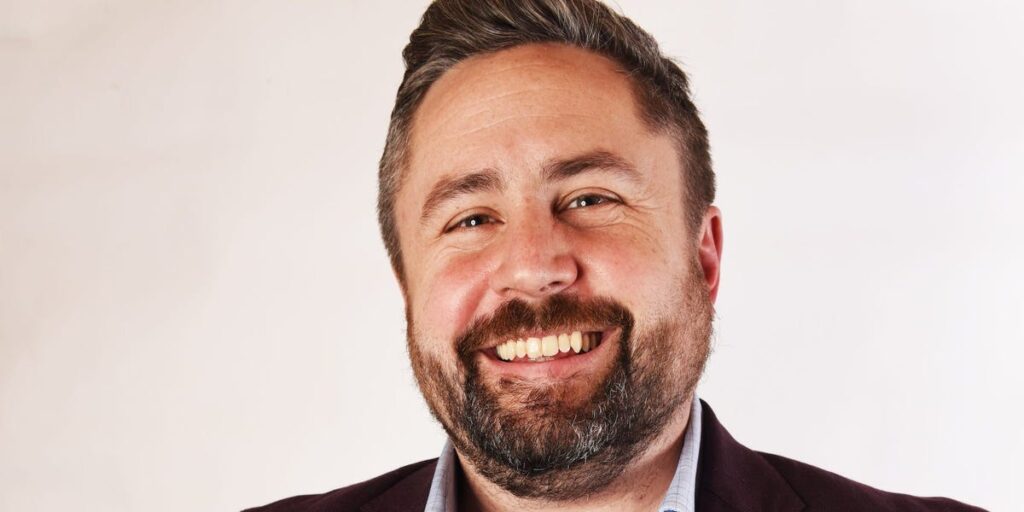Using traditional methods, capturing and analyzing existing medical data can take researchers weeks or even months to complete. New generative AI tools allow them to create those studies in minutes.
Atropos Health, which develops technology to transform clinical data into real-world evidence, is riding the wave of AI innovation to “close the evidence gap” in healthcare — specifically, by providing clinicians with information on how to treat patients when no literature exists for their condition.
“Law programs are getting really good at summarizing the literature,” says Brigham Hyde, CEO and co-founder of Atropos Health, “but what happens when there's no research that the LLM can reference? That's what we do.”
The startup just raised $33 million in Series B funding to advance its cutting-edge technology. The round was led by Valtruis, with participation from Cencora Ventures, McKesson Ventures, Merck GHI Fund, and existing investors including billionaire Jim Breyer's Breyer Capital, Laurene Powell Jobs' Emerson Collective, and Presidio Ventures.
Founded in 2019, Atropos grew out of technology developed at Stanford University by two of its co-founders, Nigam Shah and Saurabh Gomber, that was part of the National Institutes of Health-funded “Green Button” initiative, which aimed to leverage the wealth of clinical data from electronic health records to provide doctors with second opinions on patients' conditions at the point of care.
“Speed was key,” Hyde said. “If we can't do it within a day, the patient dies and it does no good.”
This directive has guided Atropos' development of ChatRWD, which Atropos Health launched in beta to 75 customers in October. Hyde said ChatRWD can now generate observational studies in up to three minutes.
ChatRWD removes the human element of Green Button, a consulting service Atropos still offers, where Atropos creates observational studies in response to user questions and reviews them within 48 hours.
At the same time as the bot, Atropos also released Geneva OS, a data platform that connects applications, including an evidence network that draws on hundreds of millions of de-identified medical records. The network allows doctors to partner with Atropos to access data from other health systems to answer clinical questions when the data in their own electronic medical records is insufficient.
Atropos has “dozens” of clients across health systems and life sciences, including Johnson & Johnson's Janssen, Hyde said.
Funding for generative AI in healthcare has surged, with many startups raising big rounds for the technology this year, from clinical documentation startups like Abridge, which raised $150 million in a Series C in February, to generative AI staffing solutions like Hippocratic AI, which raised $53 million in a Series A in March.
Amid growing investor interest, Atropos faces some big competitors, most notably Tempus AI, a startup that filed for a $100 million IPO in May and also has a generative AI tool that generates insights from large clinical and molecular data libraries. Atropos says it's the first generative AI tool to create publication-grade studies from clinical data in minutes.
Atropos' $33 million Series B funding follows a $14 million Series A funding in August 2022, bringing the company's total funding to $54 million.
Hyde said the Series B funding will enable Atropos to drive the continued development and deployment of ChatRWD. He said Atropos plans to publish beta results for ChatRWD in June, and once that's done, the company hopes to release the tool to all customers later this summer.
Atropos also wants to partner more with pharmaceutical companies and expand further into specialty care, oncology and value-based care, Hyde said. The company announced a partnership with value-based care platform Arcadia in January.



